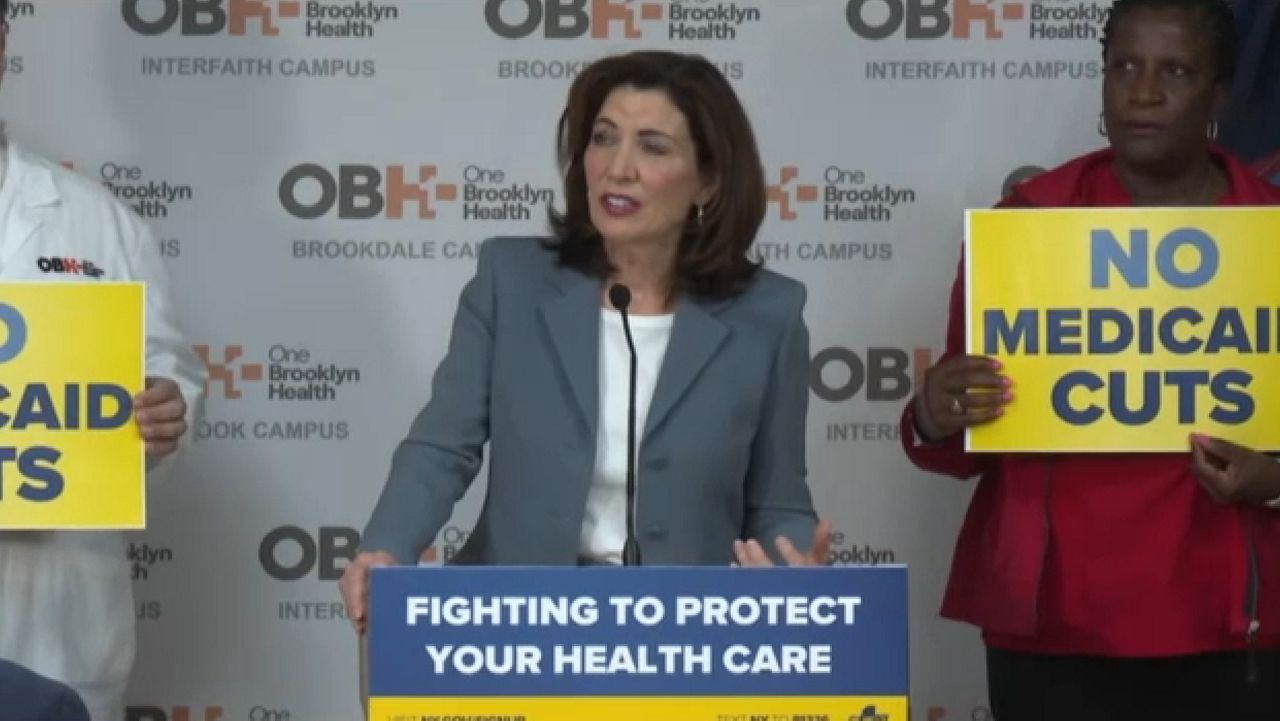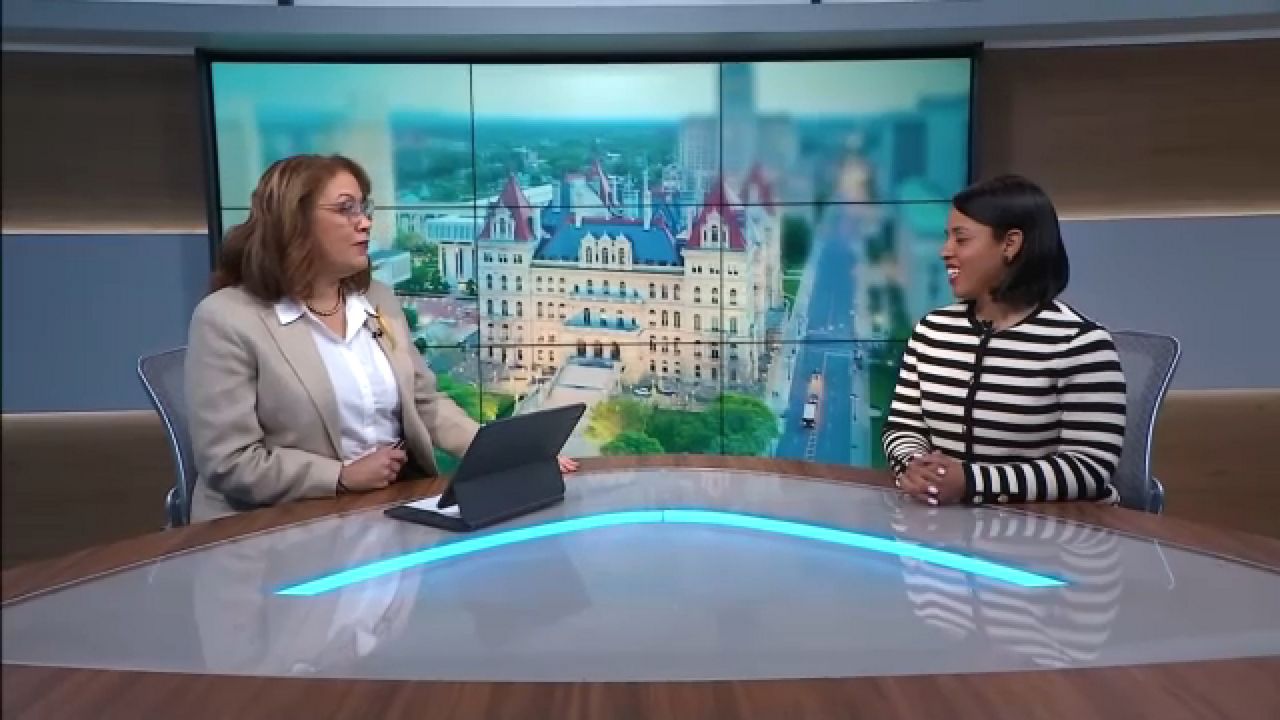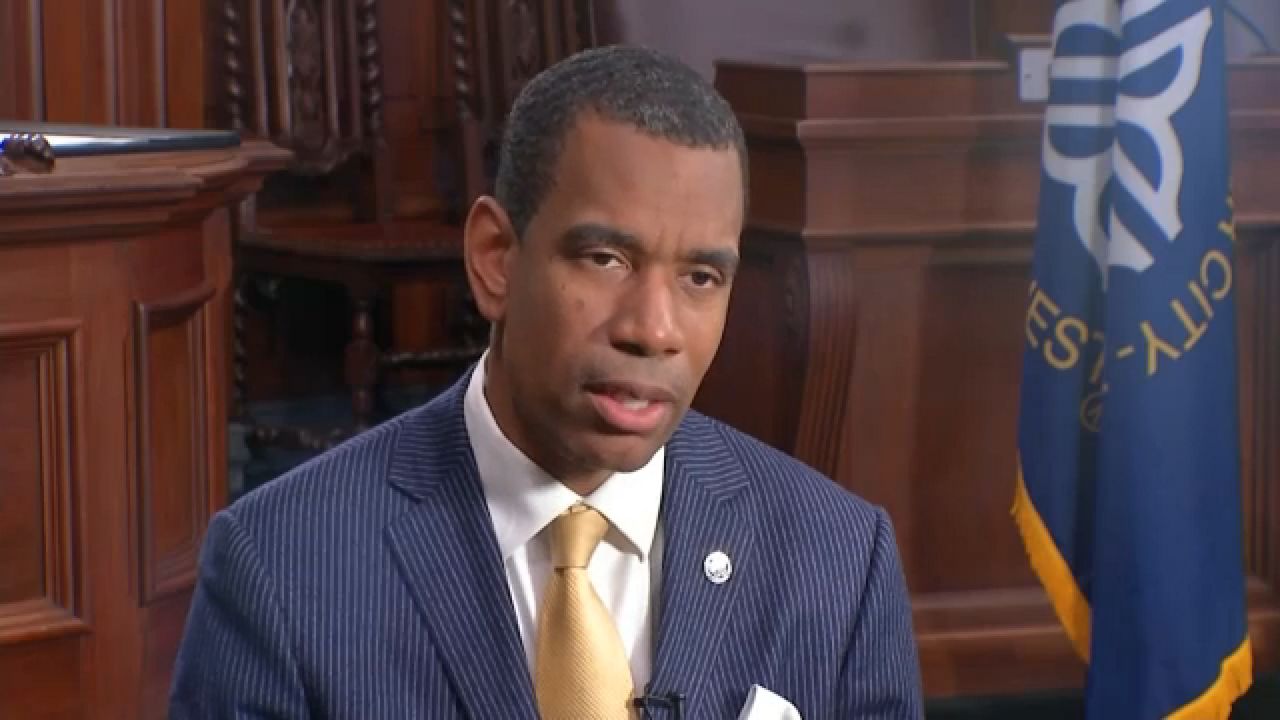Vulnerable household members are betting big on sports gambling while saving less. That's the conclusion reached in a new study by professors at the universities of Kansas, Brigham Young and Northwestern.
“There is more of a worry that they're already running short of what they need to have, what they need in retirement," KU Assistant Professor of Finance Kevin Pisciotta said. "This is a particularly important cost in this question of how do we want to structure this framework to allow people to bet when they want to?”
Pisciotta is one of the authors of a new study which analyzed the spending habits of households nationwide. They found that households that bet frequently spent about $180 a quarter doing so. They believe there’s a connection between low-income households betting more and investing less.
New York’s office of Addiction Services and Supports has found that more people are getting treatment for sports betting addictions, though it’s unclear if that means more people are struggling to manage their gambling habits.
“Some of that can be some of the work that we've been doing with our programs to get them better positioned in order to treat gambling problems," said OASAS Commissioner Chinazo Cunningham. "Some of it could possibly be that there are more people gambling.”
The report found that low-income households were more susceptible to things like credit card debt increases and overdrafts as they spent more on betting. Cunningham said the state is doing more reach out to ensure that folks are getting help before reaching financial hardship.
“We have a network of primary private practitioners, over 100 of them," she said. "Our system really has focused on substance use disorder, treatment and also provides gambling treatment as well.”
While online and mobile sports betting could be entertaining, Pisciotta suggests that there could be too much access.
“Having these things be so connected to the marketing framework, the advertising frameworks, you could see the promotion on your phone, or see a promotion on TV and all do it all in one place very quickly," he said. "That seems to be part of what's driving these costs.”











